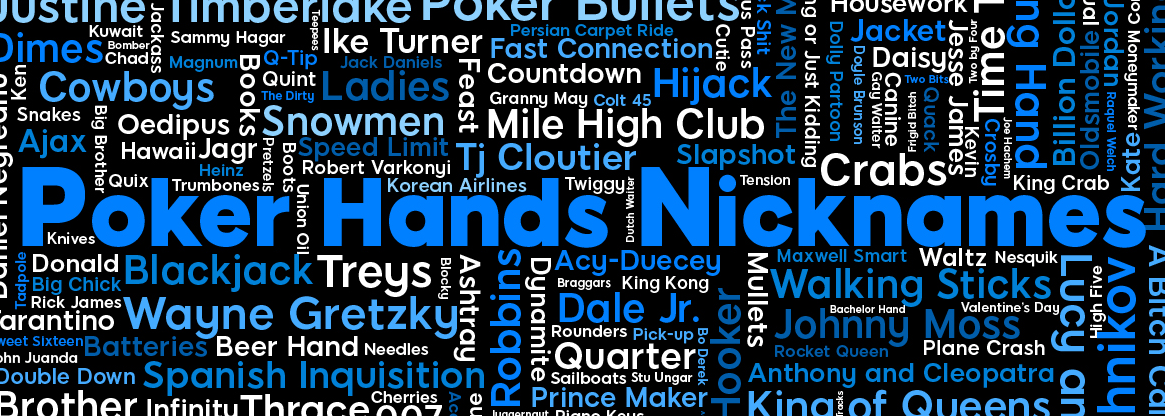Poker Term The Nuts Origin
Posted : admin On 4/12/2022- Poker Term The Nuts Originally
- Poker Term The Nuts Original Cast
- Poker Term The Nuts Original
- Poker Term The Nuts Origins
It should also be noted here that even after Poker got its name, it was also sometimes called “bluff”. Most Poker historians tend to lean towards the French “Poque” origin, in terms of where the game directly got its name, because Poker seems to have first popped up and spread from New Orleans in the very early 19th century. But from what we can tell, people have been using nuts to mean “crazy” since the mid-19th century; bananas seems to have shown up maybe 100 years later. The word nut has been in circulation since the very dawn of the English language — the Oxford English Dictionary ’s earliest sighting of it dates back to around the year 875.
The History Behind 7 Popular Poker Terms
Posted on Aug 22, 2010 by Gugel in General
You probably use these 7 poker terms all the time. The origin and history of these words is actually pretty funny
Poker Term The Nuts Originally
The Nuts
To have the best possible hand.
There are two possibilities about how this term originated.
- Back in Old West, players could wager almost anything they had at a poker game. That included the nuts that held their wagon wheels in place. Without the wagon wheel nuts, the player would be stranded and might die.
To the others at the table, it would seem that a player would only make such a bet with an unbeatable hand. Since many games were played indoors in the winter time, the wagon wheel nuts were often very cold and were sometimes referred to as the stone cold nuts. - Nuts in Old English means a source of pleasure.
Grinding
To play a ton of poker. Usually this involves mass-multitabling in games that are typically below your skill level.
Originally, grinding referred to using a hand mill to grind grain. You would basically be spinning a wheel and make a couple of bags of flour by the end of the day. It was an extremely boring and tedious job.
Fast forward to the 20th century and the definition of grinding began to take on a much broader meaning. People started to call almost any job the daily grind.
In the 21st century, grinding started to be used in videogames. In World of Warcraft, people would spend countless mind-numbing hours to kill weak enemies and level up.
Busto
To lose your entire bankroll.

In blackjack, the goal is get as close to 21 as possible. If you go over, you “bust” and automatically lose the hand.
Robusto
To win lots of money in a short period of time.
There are two possibilities about how this term originated.
- Cuban Robusto cigars are around $250 each. If you go on a good run, you might open a bottle of Dom Perignon champagne and whip out a Cuban Robusto.
- Robust is defined as “exhibiting vigor, strength or firmness”. Robusto works as a funny-sounding antonym of busto and the definition fits.
Baller
A successful high-stakes poker player that is flashy with his money and makes insane prop bets.
Originally, a baller referred to someone that’s very successful in basketball. Now, it can refer to almost anyone that’s rich and flaunts their wealth.
Tilt
Playing sub-optimally due to emotional distress.
Pinball started to become popular in the 1930’s. Early machines had a serious flaw – players could lift up a corner of the machine and be guaranteed not to lose. By the 1950’s pinball machines started to penalize players that tilted the machines by making them lose a turn. Some players continued to tilt, kick and punch the machine out of frustration even though it lowered their score.
Texas Hold’Em
A game that started in the South or Southwest United States in the early 1960s.
It was originally called “Hold Me Darling”, “Tennessee Hold Me” and “Texas Hold’Em”. Predictably, “Texas Hold’Em” is the name that stuck.
Poker
Originally from the German word “pochen” which means to “to brag as a bluff”. The literal translation is “to knock” (that’s why you knock on the table to check). The earliest version of poker in English was called “brag”.
'crazy, not right in the head,' 1846, from earlier colloquial or slang be nuts on 'be very fond of' (1785), which is possibly from nuts (plural noun) 'any source of pleasure or delight' (1610s), from nut (q.v.). Nuts as a special treat or favorite foodstuff led to other figurative phrases, now obsolete. The 'crazy' sense probably has been influenced by metaphoric application of nut to 'head' (1846, as in to be off one's nut 'be insane,' 1860). Also compare nutty. Nuts as a derisive retort is attested from 1931.
Connection with the slang 'testicles' sense has tended to nudge the word toward taboo territory. 'On the N.B.C. network, it is forbidden to call any character a nut; you have to call him a screwball.' [New Yorker, Dec. 23, 1950] 'Please eliminate the expression 'nuts to you' from Egbert's speech.' [Request from the Hays Office regarding the script of 'The Bank Dick,' 1940] This desire for avoidance probably accounts for the euphemism nerts (c. 1925).
Entries related to nuts
Others are reading
Dictionary entries near nuts
nutriment
Poker Term The Nuts Original Cast
nutrition
nutritionist
Poker Term The Nuts Original
nutritious
nutritive
nuts
nutshell
nutter

nutting
Poker Term The Nuts Origins
nutty

nuzzle